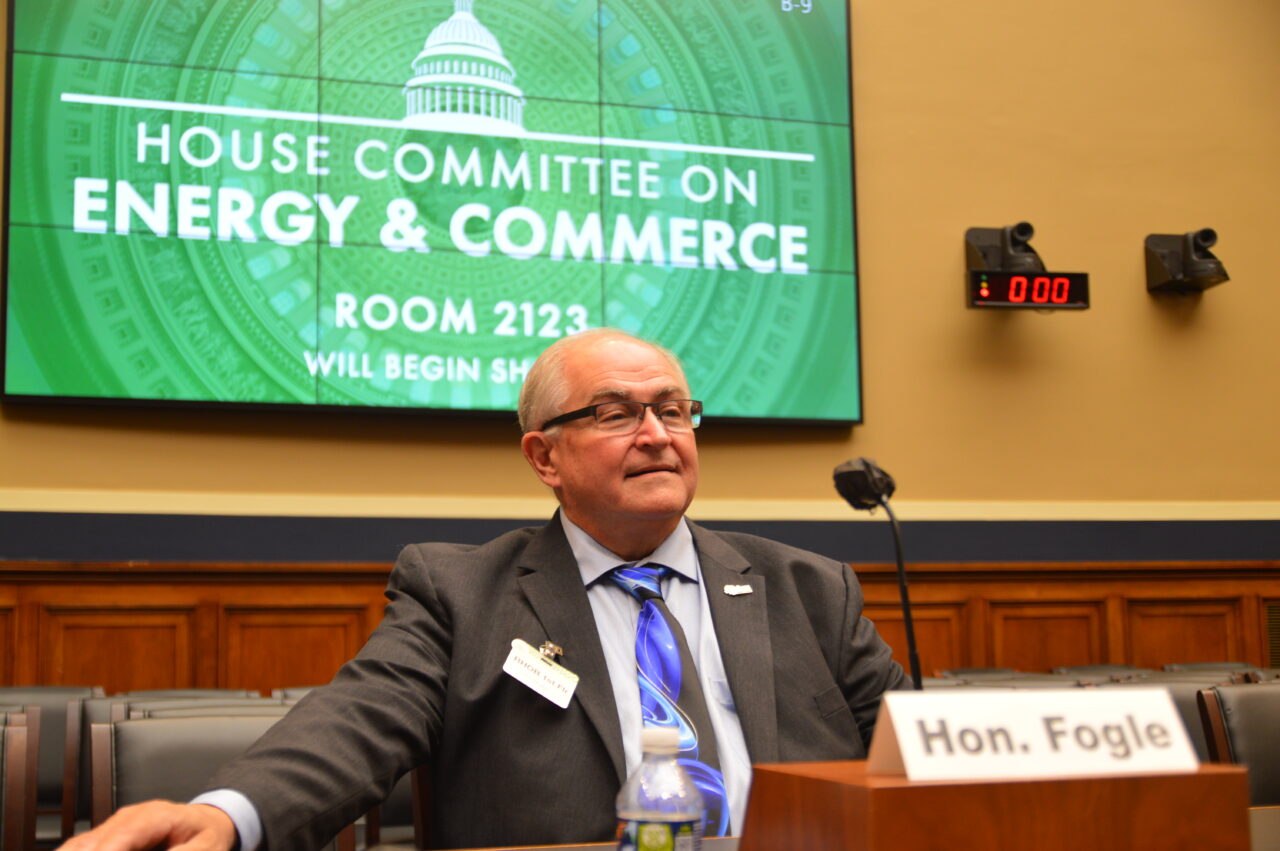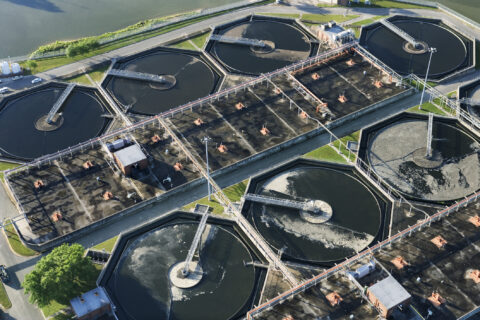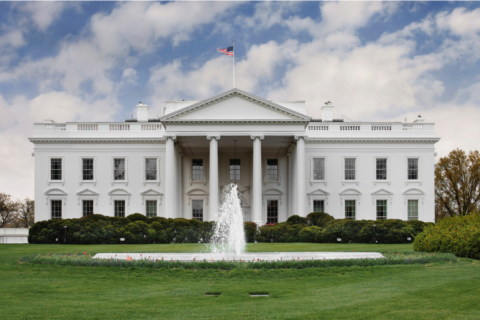This week, NLC testified before the House Energy and Commerce Committee, calling on Congress to partner with local governments in efforts to improve the nation’s broadband infrastructure. In a hearing of the Communications and Technology Subcommittee on “Strengthening our Communications Networks to Meet the Needs of Consumers,” NLC Information Technology and Communications Chair John Fogle, Councilmember, City of Loveland, Colorado testified about the need for reliable, affordable high-quality broadband service and the ability for communications infrastructure to be resilient against future natural disasters.

In his testimony, Councilmember Fogle urged Congress to respect the traditional role that local governments have held in planning infrastructure and managing local rights-of-way. “Over the past 18 months of the COVID-19 pandemic, local leaders have stepped up to the plate, gotten creative, and worked hard to connect their communities,” he told the committee. “We ask that federal solutions support and empower these local leaders, rather than imposing a one-size-fits-all edict.” Fogle urged Congress to embrace a legislative approach that allocated some broadband funding direct to localities, that provides opportunities to build local planning and deployment capacity, and that removes legal barriers to local broadband leadership, such as state preemption of municipal broadband networks.
“It is critical that efforts to improve and expand communications infrastructure are done in cooperation with local governments. Cities, towns, and villages work hard to balance protection of residents and public property with speed when working with communications providers.”
Councilmember John Fogle
Committee members and witnesses acknowledge the vital role that local governments will play in future years in closing the digital divide. Rep. Anna Eshoo (D-CA-18), a former county official, observed that “telecommunications has always been a federal and local partnership.” Councilmember Fogle pointed out that his city’s ability to respond to the pandemic was augmented by its recently-launched municipal broadband network, and that this opportunity was not available to the many communities in states with municipal broadband preemptions in place. “In more than a third of the states, municipalities are blocked from investing in their own broadband infrastructure,” he noted. “Until these state barriers to municipal broadband are removed, the U.S. will continue to fight the digital divide with one hand tied behind our back.”
The subcommittee also discussed the role of local government oversight and permitting processes play in the deployment of broadband infrastructure. While some witnesses and committee members called for additional federal preemption of local communications infrastructure management, Councilmember Fogle and others called for a collaborative approach. In testimony, NLC urged the Committee to oppose legislation that imposed new preemptions, restrictions on fees, or “deemed granted” provisions that would automatically approve wireless infrastructure applications not processed within shot clock timelines. Councilmember Fogle emphasized the important role that local officials play in balancing the speed of network deployment with the protection of public safety, infrastructure integrity, and community planning needs. Instead, NLC encouraged the committee to pursue federal partnerships with local governments to build local broadband planning capacity and develop information sharing on best practices.
Hearing participants also discussed the role of improved communications infrastructure for public safety. Rep. Debbie Dingell (D-MI-12) noted that disparities in broadband access could lead to gaps in access to emergency services. Councilmember Fogle shared that communities in Colorado’s Front Range have experienced a rise in wildfire activity and extreme weather in recent years and have dealt with the loss of connectivity for extended periods of time that has jeopardized resident access to emergency services.
The hearing closed with a call to action to pass a comprehensive infrastructure package that funds broadband infrastructure for communities in need. Rep. Tom O’Halleran highlighted the role of the Senate-passed bipartisan infrastructure bill in closing the digital divide, noting that “every day a community has no broadband access, is the day that its people are left behind.”
Learn More
Find out more about how the bipartisan Infrastructure Investment and Jobs Act will help to support connectivity in cities, and contact your representatives to urge them to invest in cities and pass the infrastructure and reconciliation packages.

About the Author:
Kimberly Kokkonen is a Federal Advocacy Intern for NLC









